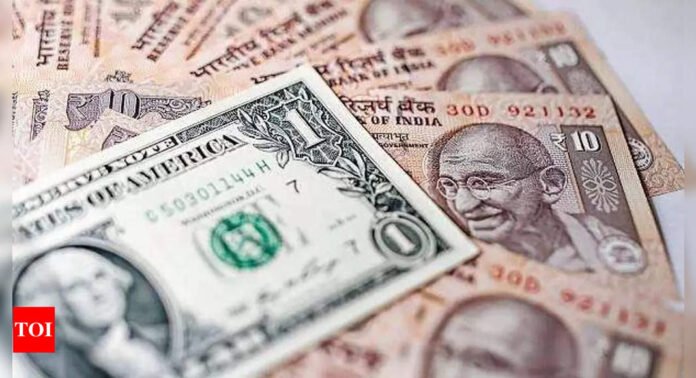The Eurasian Group (EAG), at the 41st plenary session of the nine-member on Friday, identified over 600 people linked to global networks engaged in funding terrorism this year, according to a senior official’s statement.
Chairman Yuri Chikhanchin highlighted that detecting methods of funding international terrorists and tracking their financial supporters stands as the most significant current challenge, which was extensively discussed at the meeting.
“This is the biggest challenge that we are facing – identifying channels of financing, financiers and sustainment of international terrorists because we all are international these days,” he said.
“This year itself, over 600 people have been identified in our region via the analysis of financial intelligence units (FIU) of countries associated with EAG. We have identified these people on the basis of their financial behaviour. This is a great result, and it will give us more opportunities in the future to enhance this work,” he added.
Chikhanchin was addressing a press conference following the conclusion of the five-day meeting that began on November 25. The group consists of nine member countries: Belarus, China, Kazakhstan, Kyrgyzstan, India, Russia, Tajikistan, Turkmenistan, and Uzbekistan.
He also said that this identification was a great success, and it will open doors to boost this campaign and identify people linked to financing terrorism, adding that in the present global scenario, the risks related to terrorism are not limited to any one country.
“The risk of terrorism across the region is the most prevalent and most troubling. Afghanistan is one country in which the risk of terrorism is still relevant. We are thinking about joint measures to tackle this risk emanating from Afghanistan,” Chikhanchin said.
He stated that during one of the EAG meetings, discussions focused on strengthening the organization’s ties with Afghanistan and mitigating the risk of terrorism in the country.
“We have discussed in one of our meetings how to fortify and enhance our relations with Afghanistan and how to minimise the risk and the situation there that it still triggers,” he added.
Responding to a question regarding the impact of the ongoing wars in Ukraine and West Asia, Chikhanchin said, “Eurasian Group is a purely technical organisation. We never discuss issues of political nature. We stand against terrorism financing and money laundering.”
Talking about crypto currencies, he said that regulating the existing framework of cryptocurrencies is a serious and complex issue, and the world needs to unite to resolve the issue.
Vivek Aggarwal, head of the Indian delegation in the EAG meeting said that this five-day meeting was beneficial for the host country in many ways.
Aggarwal is the additional secretary of the revenue department in the Finance Ministry and the Director of the country’s Financial Intelligence Unit (FIU). He said that the 600 individuals identified by EAG also include those involved in cross-border financial transactions.
The units through which these transactions were done in these cases have also been identified, PTI quoted.
Aggarwal said, “The EAG meeting discussed in detail the terrorist financing from across the border in the Indian context. It discussed the role of organisations like Al Qaeda, Jaish-e-Mohammed, and Lashkar-e-Taiba and their affiliates as well as the international transaction of money by them.”
The EAG meeting also elaborated on issues in which money was transacted through cryptocurrencies, which could be used to strengthen terrorism.


